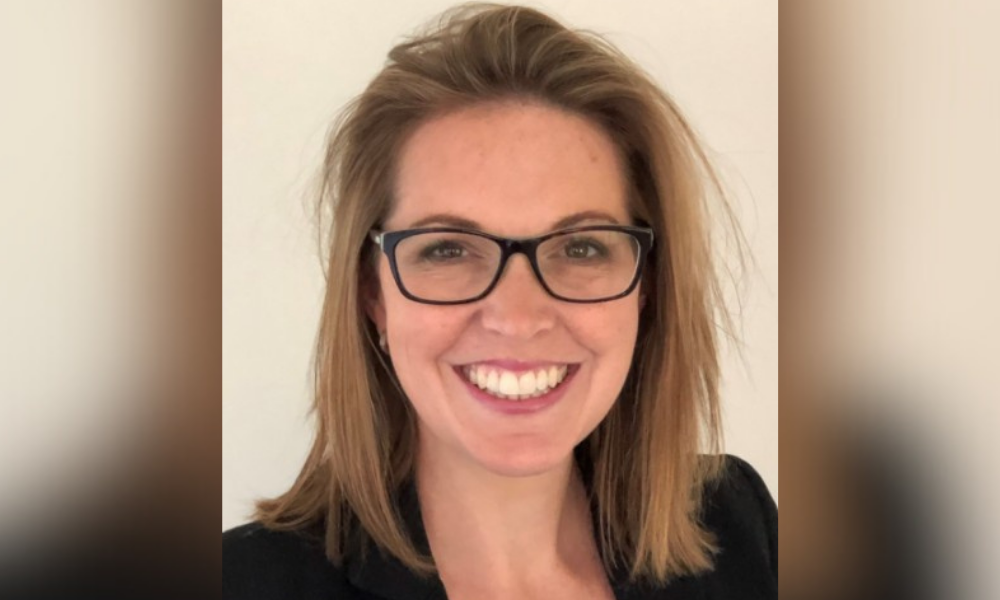
Company gets more applicants when it promotes flexible working, says HR leader speaking at upcoming HR Summit Brisbane

Telstra is a business that’s been committed to flexible working since long before the impact of Covid – for the last decade, in fact.
“It is something our people value really highly,” says Liz Ranieri, the organisation’s product owner, workforce experience and culture.
“In Australia, we’re seen as market leading in terms of the flexibility we offer, and even our leaders manage their flexible teams quite successfully compared to what we hear from some other organisations.”
The majority of the workforce work flexibly in some way, shape or form says Ranieri, and the impact is very positive in terms of talent, attraction and also staff retention.
“We know that when we advertise a role as location-agnostic, we get about four times more applicants than when we advertise a role with a location. And we know from our experience pulse results that it's a very strong driver of engagement. It’s something that's highly valued, and something that is positively impacting engagement for our people.”
Telstra’s flexible work system is called ‘All Roles Flex’ and it continues to evolve to keep up with changes in worker feedback and technology advances.
“It was initially created to increase the diversity of our workforce,” says Ranieri, who’ll be talking about the organisation’s long-standing success with flexible working at the HR Summit Brisbane to be held in November.
In particular, its aim was to lower the barrier of entry for people unable to make it into an office or full-time job, she says.
“It meant people were able to request that a role would be part-time, in a different location, or operate with different hours.
“That's what led to our workforce having a large number of people that had a very good level of flexibility in their work even before COVID.”
Ranieri attributes the current success to a combination of things.
“I would say that Telstra has very strong values and we have for a long time had a lot of respect for everyone in our workforce and deep care for people at a personal level. I think that was actually the driving force towards the commitment to flexibility.”
Covid drove flexible working to new heights – and while Telstra was already using tools like Microsoft Teams and Viva Engage, there were still challenges.
“I think they’re the same sorts of things lots of organisations face,” says Ranieri.
“We find that for teams that are mature or where people have been at the organisation for a long time and know what they're there to do, then working from home a lot can work really well. When something changes, like there's a new starter or a new piece of work or a new team is coming together, then flexibility can feel harder for people to still feel like they belong and to still be able to deliver really well for the business purpose.’
To help overcome this, Telstra supports its teams in many ways, says Ranieri.
“Lots of our organisation operates in an agile way so we have some very strong cadences across the business. Those help teams when they are transitioning to something new. They give guidance around the standard way of working together and teaming together, for instance.”
To equip leaders and teams with tools to make the most of flexible working, the company came up with a programme called ‘Hybrid Habits’.
“In our ‘Hybrid Habits’ toolkit, we focus on some of the habits we need to make flexibility work well; for example, we encourage people to collaborate a-synchronously using our collaborative technology or to record important meetings and share actions so people who can’t be there can catch up,” she says.
Another factor to the organisation’s success in flexible working is the way teams are created, says Ranieri.
“Most of our teams operate across locations. What that’s meant for us, for a long time, is that lots of meetings would always include a virtual component,” she says.
“We have, for a long time, leveraged video conferencing and those mechanisms of connecting, that meant it didn't matter if you were in the office, you could actually get as good an outcome in other ways.”
Crucial to the whole success of flexible working has been the leaders themselves though, she says.
“We have really great leaders and I think the fact that our values and the depth of care and respect that we have for each other in the organization means that they build great teams, they support people to be effective working in different ways. They create safety and belonging, even if they're not seeing people face to face.”
Be sure to register today for the HR Summit Brisbane to be held in November.